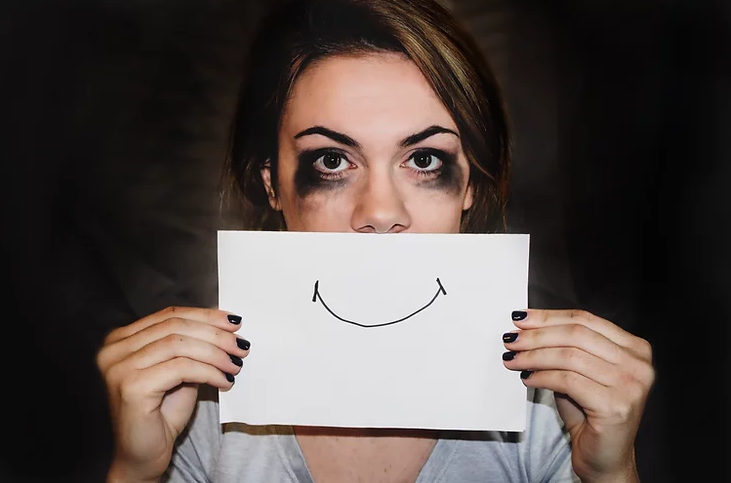
“I see the fear of never feeling extraordinary enough to be noticed, to be lovable, to belong, or to cultivate a sense of purpose” – Brené Brown
Fear of shame is our fear of being shamed again by our boss, partner, family members, friends or parents. It has much greater control of our lives than shame itself. We may be afraid to hear about our mistakes or shortcomings and, in turn, become defensive or critical, possibly avoiding or lying about a situation. We become terrified of being discounted or abandoned. We control others out of fear of their disappointment or anger with us. The shame we fear most is the same type of shame we experienced in our childhood.
People who have experienced toxic shame early in life will do anything to avoid re-experiencing it in their adult lives. It can originate from family experiences, from peer experiences, or just from the culture at large. People who struggle with shame become hypervigilant about everyone around them, their radar is always finely tuned to the possibility of someone shaming them. Furthermore, they react badly to even the slightest criticisms, disagreements, or perceived slights, which they view as personal attacks. Tragically, people who carry shame are desperately seeking validation and connection but instead, they project blame and rejection and perceive the worst in others. Sometimes the smallest signs of rejection and disapproval can trigger old wounds, and they will suddenly lash out at those they see as shaming them. Sadly, because of this fear many people miss out on pursuing a love interest, the job they really want, or even seeing a doctor about a medical condition.
Here are 20 signs that you might have a fear of being shamed
1. You worry about what other people think about you.
2. You exhibit perfection so that no one can see your flaws.
3. You worry that people will lose interest in you.
4. You worry about how smart or capable you are.
5. You worry about disappointing people whose opinion you value.
6. You fear making mistakes in front of others.
7. You have a fear of meeting new people and making friends.
8. Small talk triggers anxiety.
9. You don’t like being watched while doing something.
10. You fear being teased or criticised.
11. You are nervous around family or relatives.
12. You fear talking with “important” people or authority figures.
13. You fear being called on in class.
14. You fear going on a date.
15. You have trouble speaking up in a meeting or group setting.
16. You feel uncomfortable using public restrooms.
17. You fear taking exams or being tested.
18. You fear eating in front of others.
19. You avoid making or taking phone calls.
20. You become overly anxious about attending parties or social gatherings.
Finally, without some form of help, we carry these emotional conflicts and survival patterns into our adult lives. We hope to find peace and happiness and leave the past behind; instead, we recreate similar or opposite circumstances in our adult relationships. Neither extreme is healthy. We unknowingly transfer the characteristics and power of our childhood abusers to significant people in our lives today. In our adult relationships, we fearfully guard against any sign of shame, abuse, or neglect. We become manipulative or avoid other people and circumstances. This fear can grow stronger than the shame itself. It forms a shaky foundation for relationships. We continue to draw others near us (hoping for intimacy) but when they get too close, we push them away because of our fear of shame.
Sources
Co-Dependents Anonymous. (n.d). Co-Dependents Anonymous. Phoenix, AZ: Co-Dependents Anonymous.
Perry, P. (2019, January 30). Fear of embarrassment holding you back? Here’s how to overcome it. Retrieved from https://bigthink.com/philip-perry/fear-of-embarrassment-holding-you-back-heres-how-to-overcome-it
Wexler, D. (2010). Shame-O-Phobia. Retrieved from https://www.psychotherapynetworker.org/magazine/article/405/shame-o-phobia